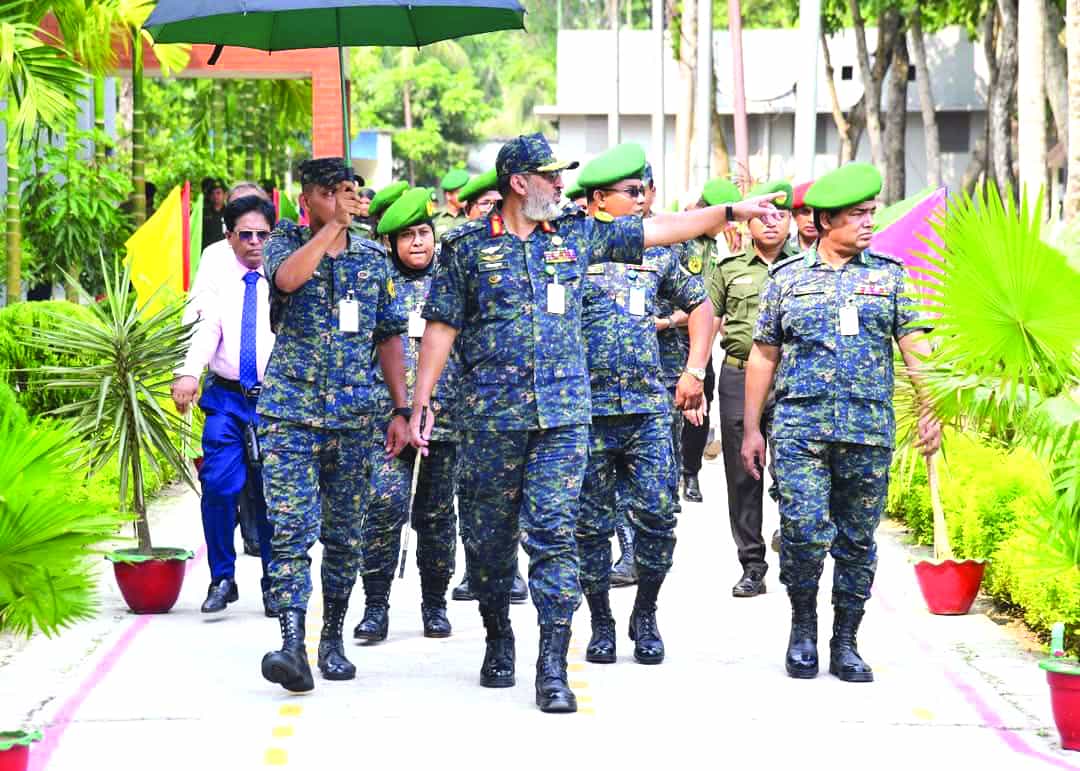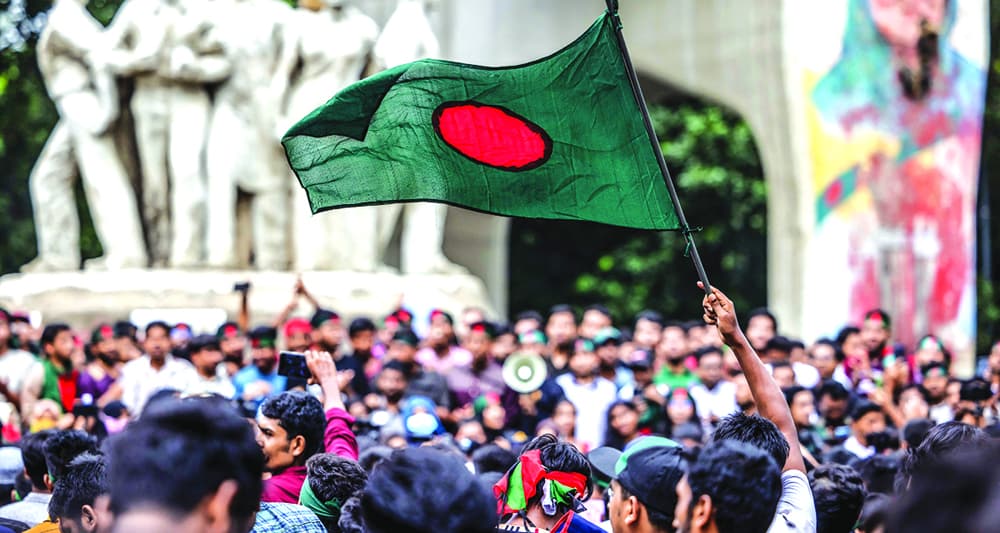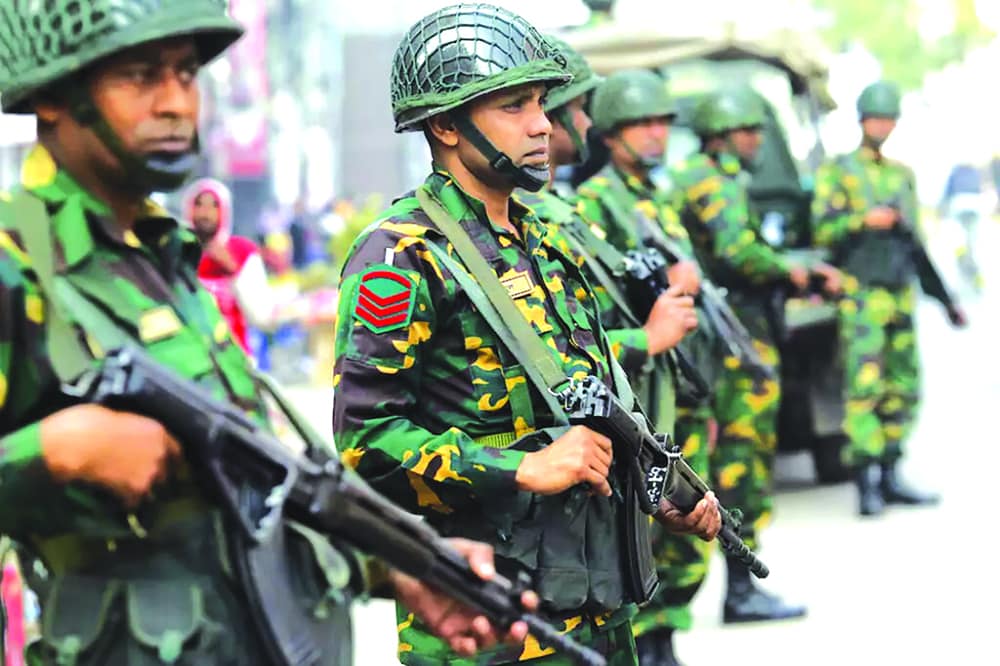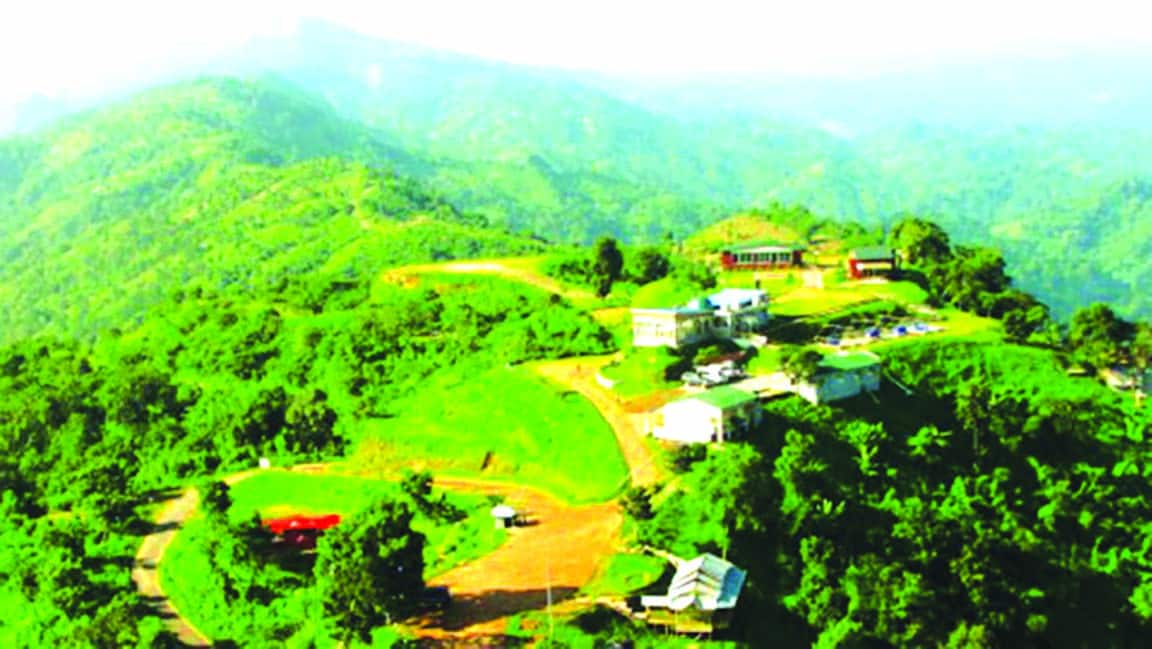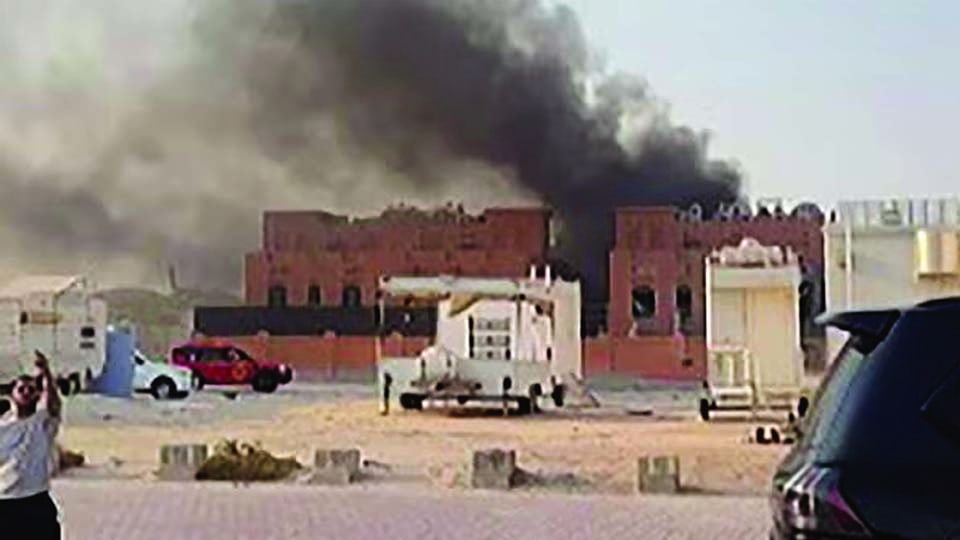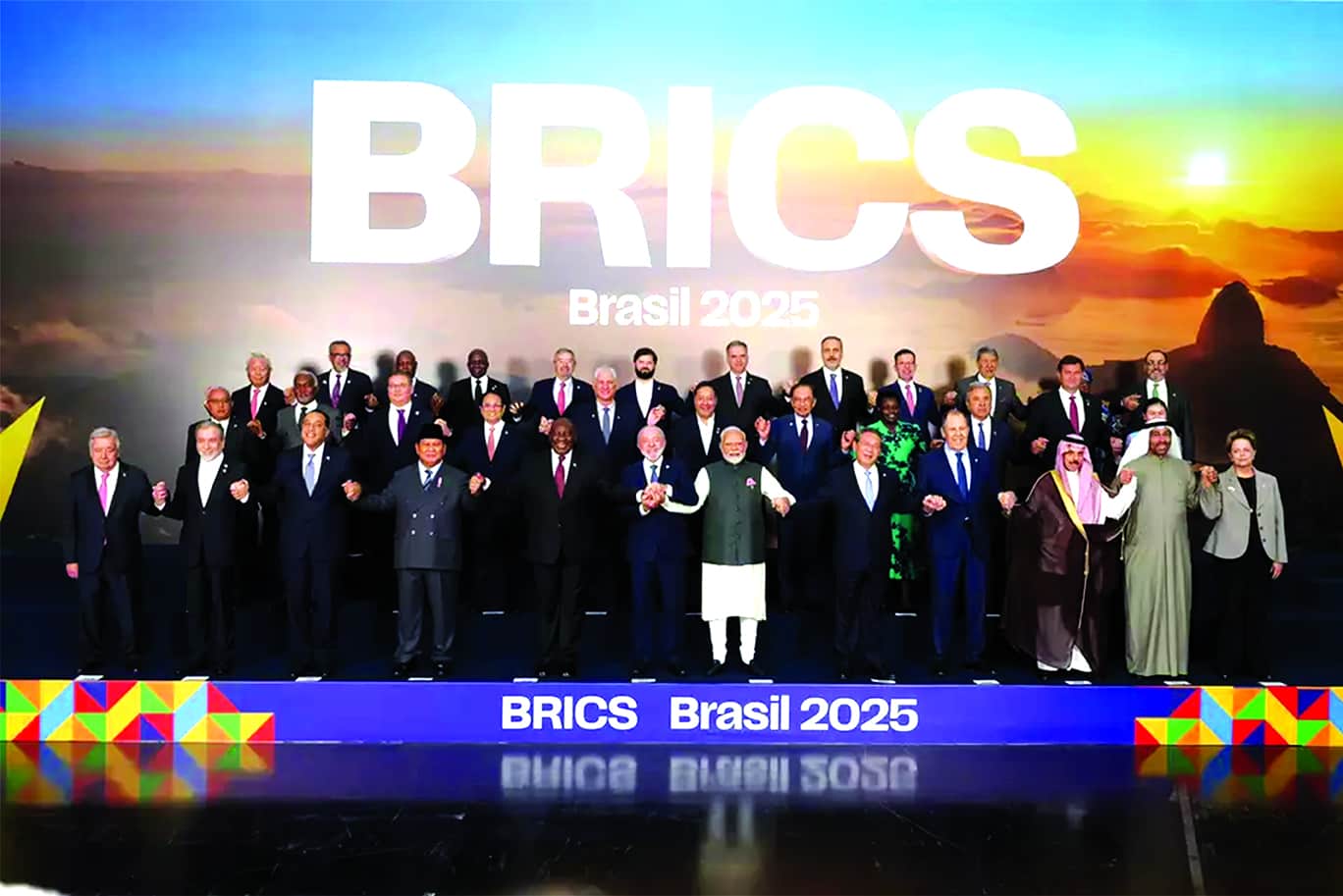Rear Admiral Musa Leads Bangladesh in IHO Vision
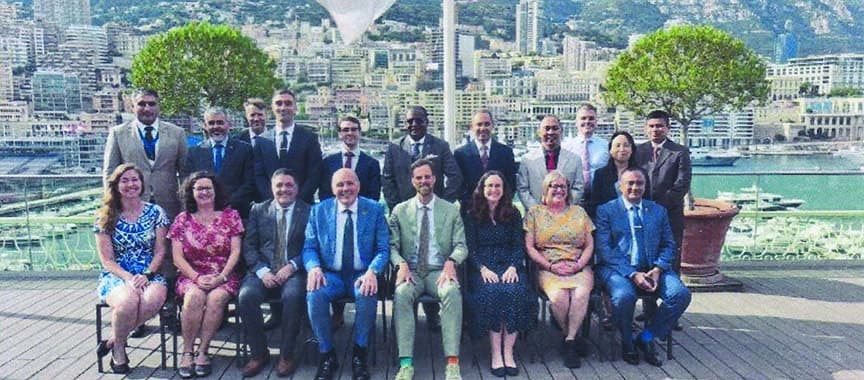
SW Report
In a signature display of strategic leadership and regional teamwork, Rear Admiral Mohammad Musa of Bangladesh emerged as a pivotal figure at two closely linked international forums—the Capacity Building Sub-Committee (CBSC23) and the Inter-Regional Coordination Committee (IRCC17)—held at the IHO Secretariat in Monaco. The meetings, staged from 28–30 May (CBSC23) and 3–5 June (IRCC17), chart a forward-looking path for capacity development in hydrography, electronic navigational charts, and marine data governance, with a distinct emphasis on S-100 readiness, gender parity, and digital learning.
Rear Admiral Mohammad Musa, Assistant Chief of Naval Staff (Operations)
Bangladesh’s two-member delegation, led by Rear Admiral Musa
and accompanied by Captain Rezaur Rahman, represented the North Indian Ocean
Hydrographic Commission (NIOHC). Their sustained presence and active
participation underscored a broader national strategy: aligning with IHO’s
evolving capacity development framework, expanding regional cooperation, and
translating international support into tangible national gains.
Key moments and implications for Bangladesh
1) Steering into Capacity Development
CBSC23 marked a significant strategic pivot for the IHO.
After robust discussions, delegates agreed to reframe “capacity building” as
“capacity development” (CD), a shift that Bangladesh embraced as well. The
reasoning is clear: capacity development emphasizes leveraging existing
strengths, nurturing local ownership, and pursuing participatory, bottom-up
growth rather than top-down, one-off training. For Bangladesh, the CD framework
aligns with its maritime development goals—building sustainable capabilities
through national ownership, regional collaboration, and targeted external
support.
Musa’s leadership profile during CBSC23 helped anchor
Bangladesh’s stance in these crucial discussions. By actively engaging with the
proposed transition, he positioned Bangladesh to benefit from the broader CD
approach—ensuring national training plans, internships, and facilitator roles
dovetail with IHO’s evolving philosophy.
2) Financing and Practical Access to Training
CBSC23 confirmed that all 28 activities in the 2025 Capacity
Building Work Plan (CBWP) were funded to date, sourced from IHO budget
contributions and external donors. This financial clarity creates a predictable
field for national planning. Yet, it also highlights cautions raised by IHO
Director Luigi Sinapi about last-minute withdrawals from certain courses
(notably GEOMAC) and limited applications for others (Cat A Hydrographic Course
at the University of Southern Mississippi).
For Bangladesh, the takeaway is twofold: maintain active
nomination pipelines to ensure seats and avoid missed opportunities, and
cultivate regional and bilateral networks to broaden access to high-demand programs.
The delegation’s emphasis on submitting qualified candidates and coordinating
through CL10/2025 inputs is a practical path to optimizing funded
opportunities.
3) Partnerships, E-Learning, and Women’s Leadership
The CBSC discussions highlighted the ongoing role of the
Republic of Korea and Nippon Foundation as major funders for
capacity-development activities. This reinforces Bangladesh’s incentive to
deepen collaboration with these partners through regional initiatives and
bilateral channels.
On the digital front, the IHO E-Learning Centre’s evolution,
and the call to diversify governance through additional regional representation
on the e-Learning Steering Committee and General Manager Team, signal a turning
point for accessible, scalable training. Bangladesh’s growing utilization of
elearning.iho.int positions it to contribute content and benefit from
governance involvement, expanding the country’s reach in digital hydrographic
education.
Equally important is the emphasis on empowering women in hydrography.
The program’s internship offerings aboard NOAA and SHOM ships and the notable
rise of women in leadership roles within IHO bodies align with global
gender-equity objectives and national development commitments. Bangladesh can
leverage these opportunities to craft targeted mentorship and scholarship
initiatives that broaden women’s participation in its maritime institutions.
4) S-57 to S-100 Transition: A National Readiness Challenge
The CBSC’s candid assessment of S-100 transition funding
gaps—especially for Phase 3—placed the spotlight on the need for external
funding streams (IC-ENC, Primar) to complement national efforts. For
Bangladesh, the path forward involves mapping national requirements for S-100
transition, aligning with IC-ENC/Primar-supported training, and embedding these
milestones into the national hydrographic program. Musa’s advocacy, at the helm
of Bangladesh’s delegation, signals readiness to integrate S-100 initiatives
with domestic procurement and capacity-building plans.
5) IRCC17: A Broad Decade of Inter-Regional Cooperation
IRCC17 gathered 55 participants including regional chairs,
subordinates, and project teams. The meeting reiterated achievements by
Regional Hydrographic Commissions and endorsed collaboration on Marine Spatial
Data Infrastructure (MSDI). The MSDIWG’s decision to prioritize global thematic
layers over new portals, and the plan to appoint an MSDI Ambassador from each
region, provides Bangladesh with a clear and constructive pathway to influence
regional data governance and interoperability.
For Bangladesh, contributing to MSDI initiatives offers a practical vehicle to elevate national data governance standards, improve data sharing with neighboring states, and strengthen operational maritime safety and planning.
Figure 2: Inter-Regional Coordination Committee Meeting (03 - 05 June 2025)
Strategic takeaways for Bangladesh
Leadership credibility and national stature: Rear Admiral
Musa’s role at CBSC23 and IRCC17 elevates Bangladesh’s profile within IHO’s
governance architecture. His leadership reinforces Bangladesh’s capacity to
influence discussions, mobilize national resources, and align with the IHO’s
CD-centric agenda.
Embrace Capacity Development: The CD framing is compatible
with Bangladesh’s long-term maritime development objectives. National programs
should emphasize participatory design, leverage existing human capital, and
pursue co-financing with international partners to accelerate capability
building.
S-100 readiness as a national priority: Systematic planning
for S-100 transition—supported by IC-ENC/Primar—should be prioritized in
national hydrographic budgeting. Early planning and stakeholder coordination
will maximize access to training and ensure timely implementation.
Digital learning and governance: Active engagement in the
IHO e-Learning ecosystem—planning, content contribution, and governance
participation—will accelerate Bangladesh’s competency-building outcomes and
ensure training content aligns with national needs.
Gender diversity and leadership development: Bangladesh
should design national programs to promote women’s participation in
hydrography, including internships, mentorship, and leadership pathways within
maritime agencies and hydrographic institutions.
Documentation and accountability: Timely reporting of
capacity-building activities to the CB Calendar via CL10/2025 will improve
visibility, facilitate funding decisions, and support coordinated national
planning.
What’s next for Bangladesh?
Nominate candidates for e-Learning governance: Identify and
propose qualified personnel to join the IHO e-Learning Steering Committee and
the General Manager Team to bolster Bangladesh’s influence over content and
delivery.
Plan S-100 training participation: Prepare a national S-100
transition roadmap, incorporating opportunities from IC-ENC and Primar, and
submit to the IHO CB Calendar for visibility and funding alignment.
Strengthen regional collaboration: Continue to engage with
neighboring states and RHCs to pursue joint training, shared resources, and
coordinated procurement; ensure national needs are reflected in regional
capacity-building calendars.
Maintain proactive reporting: Keep a running inventory of
2025 and future CB/CD activities, ensuring timely submissions to the IHO CB
Calendar and relevant CL communications.
A forward-looking leadership narrative
Rear Admiral Mohammad Musa’s leadership during CBSC23 and
IRCC17 illustrates a broader regional and global shift toward sustainable,
locally anchored capacity development in hydrography. His role underscores
Bangladesh’s readiness to translate international guidance and funding into
concrete improvements in hydrographic surveying, maritime safety information,
and data interoperability. As IHO continues to advance capacity development,
S-100 adoption, and digital learning, Bangladesh stands well positioned to
convert strategic discussions into practical outcomes—strengthening not only
its own maritime governance but also contributing to a more resilient,
cooperative Indo-Pacific and global hydrographic community.






